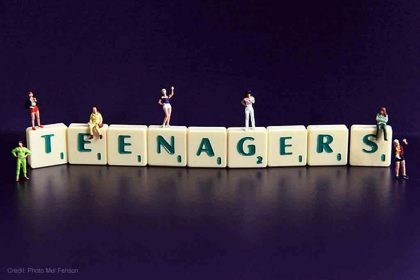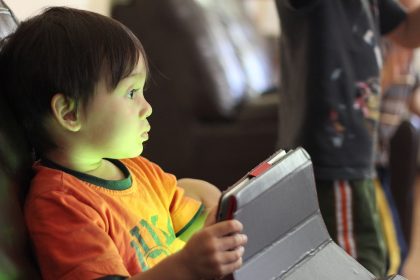How can I stop my children fighting?
Your question
My two children fight constantly. It usually starts as an argument over a toy but ends up in kicking and hitting. The younger one gets hurt and I get dragged in to sort it out. If I just punish the older one he gets upset that I am being unfair. I feel more like a UN peace-keeper than a mum! What can I do?
Our answer
It’s no fun living in a war zone. Fighting children can really take the joy out of family time and make the most saintly of us wish to be elsewhere. Sibling conflict is a common family problem and most families will experience children arguing, bickering, teasing, and refusing to share at some point or other.
Some squabbling between siblings is to be expected, but it becomes a problem if it is the usual way children treat each other. If not dealt with effectively, arguing often gets worse or escalates into aggression and physical fighting. Brothers and sisters need to learn to resolve their disagreements and behave in a polite, co-operative and caring way with each other.
Teach sharing and turn-taking
Children aren’t born knowing how to share, it’s a skill they have to learn. Just like reading or riding a bike, it takes practice and some children will learn more quickly than others. Parents can encourage sharing, co-operation and turn taking through simple games such as playing cards, ball games or board games. Start by playing these games with your children to show them how to take turns. Praise them for playing co-operatively and give them words to use when things go wrong (“It’s my turn now. Please can I have the ball.”).
Coach problem-solving strategies
Mums are brilliant problem-solvers. The trouble is, we solve problems so quickly that we don’t always model clearly to our children how to solve problems for themselves. When two children are fighting over a toy, it’s a simple task for us to assess the situation and come up with a solution.
But if we constantly solve our children’s problems for them, they won’t learn to do it for themselves and we will be needed every time, again and again, to wade in and solve the problem. So investing a bit of time in coaching siblings to solve problems together is a good idea.
Next time your children are fighting over a toy try this:
- Step in immediately, don’t let it escalate. Help them define the problem (“What’s the problem?”). Listen to what they say and summarise it back to them. (“So the problem is you both want to play with the same toy.”)
- Elicit ideas. (“What ideas do you have for solving that problem?”) It’s guaranteed that each child will start with an idea that gives them the toy, but persevere until they come up with some more options. Show them how to take turns in coming up with ideas – offer your own ideas only if they are struggling.
- Prompt them to evaluate the options and select a solution together. Let them agree their own solution regardless of whether you think it is the best option. If they can’t agree, or the process breaks down, take the toy away for five minutes and try again later.
If children learn to make decisions together, the solutions often stick much better than if mum or dad impose a solution. If the solution breaks down then go back and review the decision. (“Was that the best solution? Which other option could you try?”). Gradually withdraw your support for this process as they get the hang of it, reducing the prompts as they learn to solve problems by themselves without calling for you.
Set rules and reward good behaviour
Decide on a few simple house rules to keep the peace. Rules should tell children what to do (rather than what not to do). For example, “Use words to solve problems” or “Use gentle hands” or “Speak in a nice voice.” Back up the rules with lots of praise and maybe a reward chart when you first introduce them. And remember, the house rules apply to all the adults too.
Use assertive discipline
If children start to fight over an activity, tell them clearly to stop, remind them of the rules and prompt them to follow the rules. (“What’s our rule about hands? Show me how you can use gentle hands.”). Remind them to use their problem-solving strategies and praise them if they do.
If they can’t, then don’t get into a debate or join the argument, apply a suitable consequence immediately. Take the activity away for five minutes, or use Quiet Time or Time Out for more aggressive behaviour. Use consequences consistently and children will quickly learn that problem-solving is a better route to attention and rewarding solutions than problem-making.
Answered by Anita Cleare from Positive Parenting Project. For regular tips on positive parenting join The Positive Parenting Project on Facebook.










